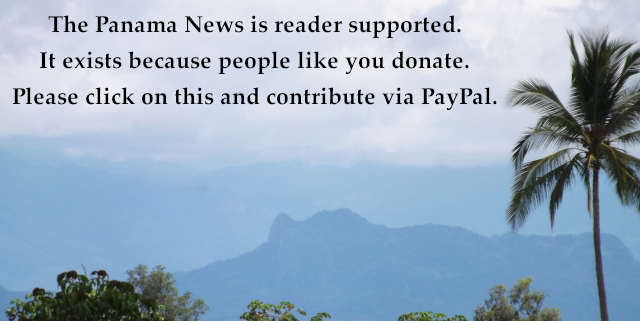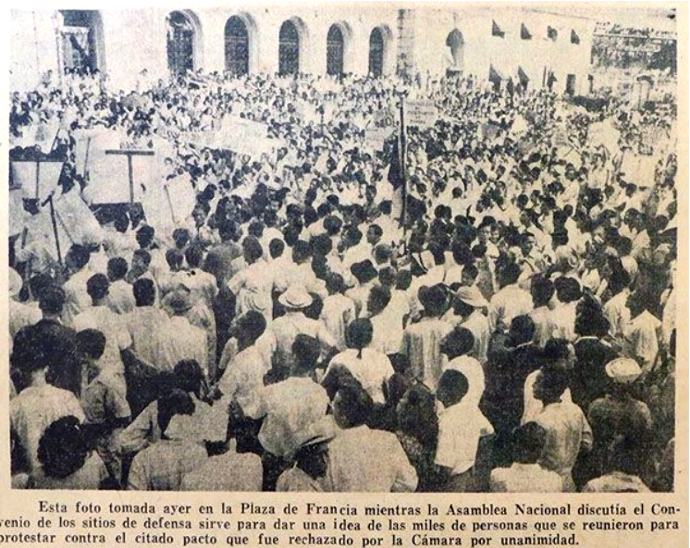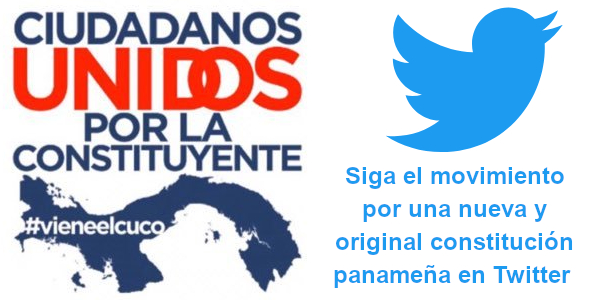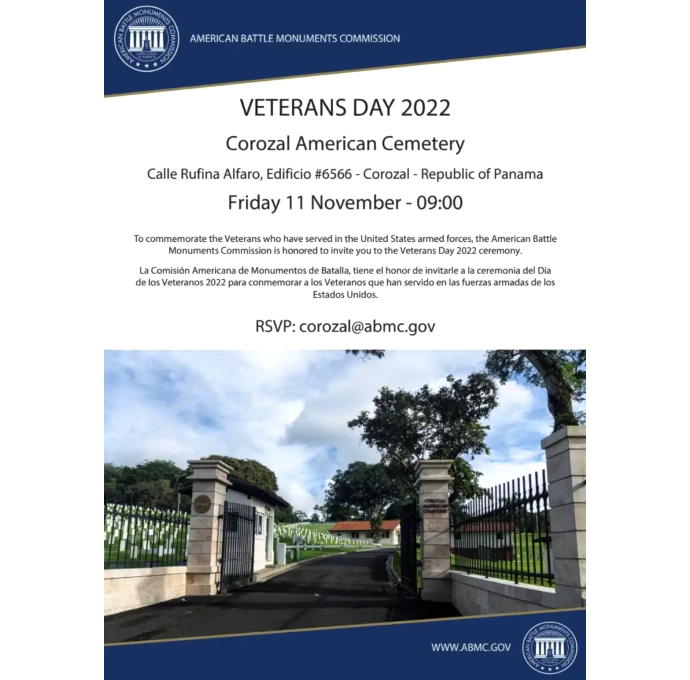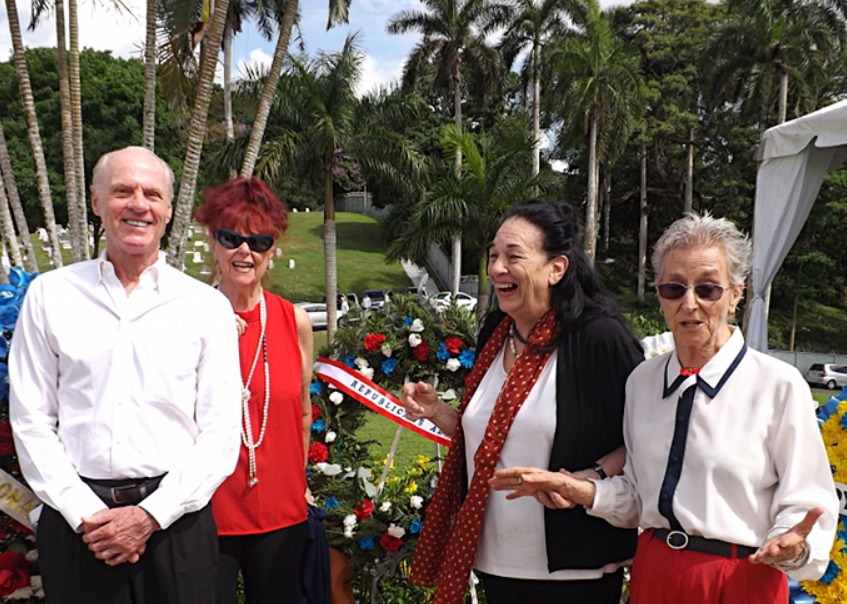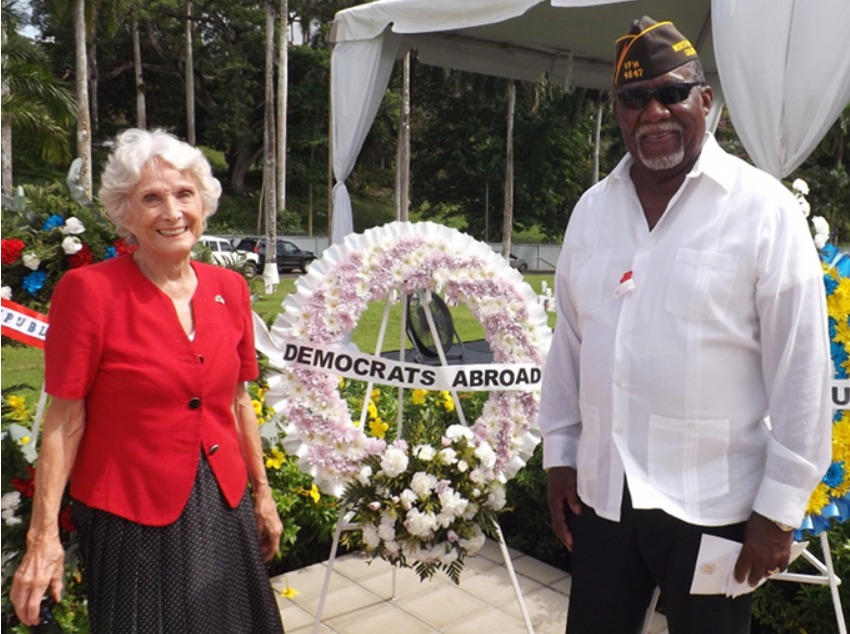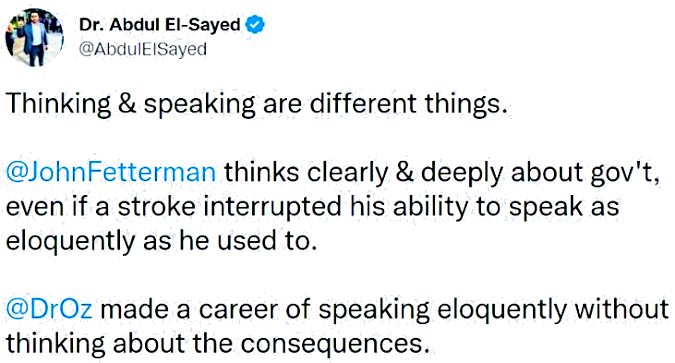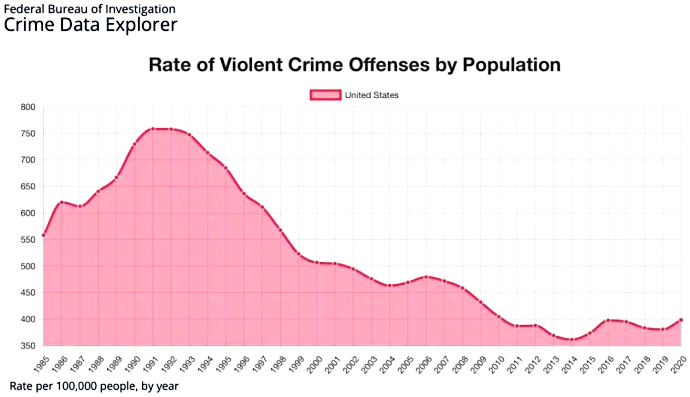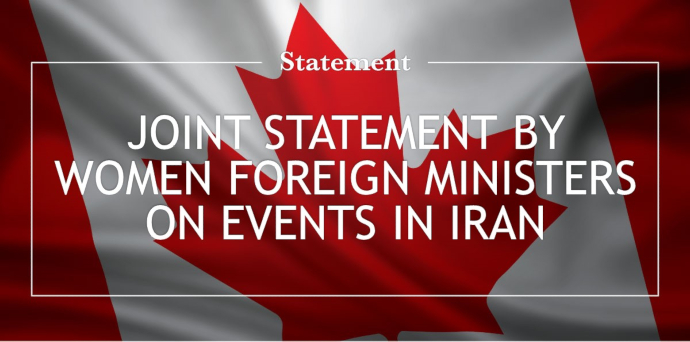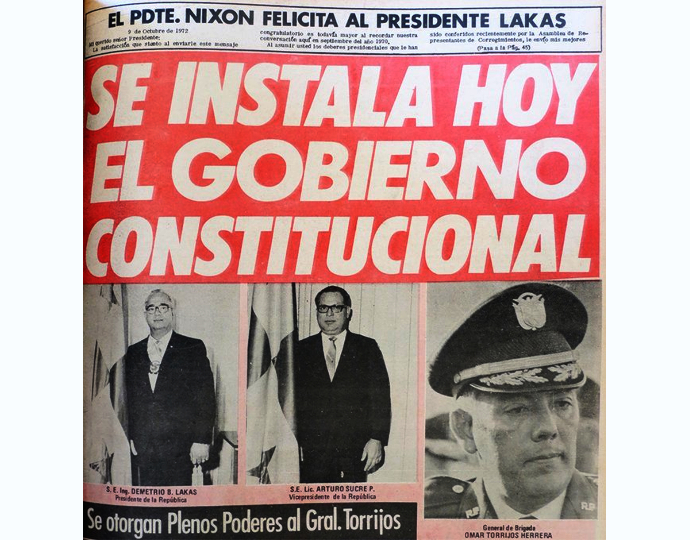Given that Israel and Hamas collaborate both publicly and tacitly on multiple fronts, one would think they would finally realize that they are stuck and neither can escape the other. It’s time for both to come to terms with their inescapable reality and seek a long-term solution to their conflict.
The absurdity of the Israel-Hamas relationship
by Alon Ben-Meir
In the search for a solution to the Israel-Hamas conflict, one has to look at their reality and identify the elements that sustain their conflict, and those that maintain their wide range of cooperation regardless of their adversarial relationship. The Islamic Resistance Movement (Hamas) calls for Israel’s destruction and Israel considers Hamas to be a terrorist organization that must be isolated and remain under siege. While both sides ‘appear’ to speak out of conviction against the other, they also recognize that they are stuck together. And regardless of their public pronouncements to the contrary, they privately admit that neither can rid itself of the other. The absurdity of their relationship is that although they know that the status quo cannot be sustained indefinitely, they make little effort, if any, to change the trajectory of their conflict.
Since Hamas took over Gaza in 2007, Israel and Hamas fought four wars and scores of violent incidents in between without either achieving any lasting gains. In fact, to the contrary, Israel repeatedly suffered economic disruptions as a result of the intermittent violence and wars while the Palestinians suffered from extensive destruction, thousands of deaths, and tens of thousands more who will continue to endure years of despair and devastation from the aftermath of these violent encounters.
The struggle between them continues because Hamas wants to safeguard its political standing in the eyes of its public by exhibiting confrontational militancy and resistance against Israel both in its public pronouncements and actions, cementing its role in the forefront of the struggle against the occupation and the blockade. Israel, on the other hand, strictly maintains its blockade and control of people and goods over the two crossings to and from Gaza and, when necessary, uses military force to subdue any major violent provocations by invading Gaza and “mown the lawn” to keep Hamas at bay.
Meanwhile, in spite of their failure to gain over the years enduringly tangible benefits, Hamas still refuses to renounce violence against Israel and continues to build its weapons arsenal (mostly rockets). Conversely, Israel readies itself for the next round of hostilities, but each time fails to change the dynamic of the conflict in its favor. The irony here is that while this state of affairs is on full display, they continue to transact directly but tacitly with one another or through Egypt. They negotiate specific security or economic measures following a conflagration and reach new agreements on various conflicting issues that inadvertently arise as a result of their absurd confrontational reality.
The absurdity of the Israel-Hamas relationship is three-fold. The irony of the first aspect is that Israel itself created Hamas, which has been confirmed by many top Israeli military and civilian officials over a number of years. Former Brig. Gen. Yitzhak Segev, who was the Israeli military governor in Gaza in the early 1980s, told a New York Times reporter that he had helped finance Hamas as a “counterweight” to the secularists and leftists of the Palestine Liberation Organization (PLO) and the Fatah party, led by Yasser Arafat, stating “The Israeli Government gave me a budget and the military government gives to the mosques.” And among many others, Avner Cohen, a former Israeli religious affairs official who worked in Gaza for more than two decades, told the Wall Street Journal in 2009 that “Hamas, to my great regret, is Israel’s creation.”
The Israeli military’s thinking at the time was that it would greatly benefit Israel if the religiously-committed Hamas and socialist PLO were to continue to be occupied fighting each other rather than fighting Israel. To be sure, Israel helped turn a gang of Palestinian Islamists in the late 1970s into a relatively major force. For most Israelis this fact is either unknown or readily dismissed as a conspiracy theory. Little did Israeli leaders at the time (Rabin and Shamir) know that Hamas would become Israel’s implacable foe.
The second part of the absurd Israel-Hamas relationship is that while Israel officially refuses to negotiate with any terrorist organization and certainly not assist one in any way, it finds itself in a different bind when it comes to Hamas. Other than occasionally slowing or suspending traffic through the two Israeli-controlled crossings (Erez, for people, and Kerem Shalom for goods) because of violent incidents, Israel has no choice but to allow the supplies of foodstuff, building materials, medical equipment, oil, and gas to pass through to Gaza. In addition, Israel transfers funds to Hamas from various donors, in particular Qatar, while allowing up to 17,000 Palestinians laborers from Gaza to work in Israel on a daily basis to ease the dire economic hardship that most Palestinians in the Strip continue to endure.
The third aspect is that although both sides know that they are stuck and must live with one another indefinitely, they still refuse to accept the other’s irrevocable existence. In speaking to scores of Israelis and Palestinians on the continuing precarious situation between the two sides, I found little consensus about the nature of any likely solution. There was a general agreement however, that neither can rid itself of the other. The question is, since they must face and interact regularly on so many levels, why not seek a permanent solution to the conflict, given their reality today?
The answer is that there are many other elements at play in the conflict which make it extremely difficult to resolve, including historic narratives, religious connections, psychology, and emotional states, the mitigation of which are prerequisites to finding a solution. Although all Palestinians share the same historical perspective, feelings, mindset, and beliefs, Hamas’ extremism and fanaticism as they relate to all of these elements makes it harder and more intricate to ameliorate.
Hamas, like most Palestinians, believe in the right of the Palestinians to the historic land of their ancestors, demanding a Palestinian state in all of historic Palestine (encompassing Gaza, the West Bank, and Israel), going further than other Palestinians in insisting that such a state be Islamic. Although for Hamas it is still inconceivable to relinquish much of what they consider historic Palestine, deep inside, they also know that it will be impossible to ever recover all of it. The most they can hope for is the establishment of a Palestinian state based on the 1967 borders which they have offered on a number of occasions, encompassing the West Bank with some land swaps, and all of Gaza.
As an organization rooted in Islam, Hamas has a strong religious connection to the land. Its charter declares its belief that “the land of Palestine is an Islamic Waqf consecrated for future Muslim generations until Judgment Day,” and they point to al-Aqsa Mosque in fanatic terms as their undisputed evidence to their holy connection.
More than 70 years of gory conflict that exacted heavy human and material resources, suffering, and dislocation left a profound, indelible psychological anguish and resistance that still haunts all Palestinians, particularly Gazans. Regardless of Hamas’ intransigence and missed opportunities throughout the years, the Gaza blockade further deepens their psychological trauma and offers a constant reminder of their miserable state of affairs for which they blame Israel.
Finally, the emotional component overshadows any logical discourse. Hamas resides at the helm of a Palestinian population in Gaza that feels emotionally distraught and exhausted with a deepening sense of hopelessness. They are struggling day in and day out to make ends meet without much relief in sight. Their emotional resistance to the blockade instigates hatred against Israel and a strong desire for revenge that leaves little room for understanding and coming to terms with Israel’s reality.
Even after the most thorough examination of the above four points, however cogently they explain Hamas’ intransigence, one conclusion remains inescapable: Nothing will change the need to come to terms with Israel. In the final analysis Hamas must still find a way to reconcile itself with Israel’s existence because neither Hamas nor Israel can wish the other away—not now, not in ten years, nor at any time in the foreseeable future.
To that end, I must ask every member of Hamas’ leadership to look in the mirror and ask himself the question and answer it faithfully: under what conditions and circumstances, and how, when, and by what means will Hamas be in a position to destroy Israel? If they are true to themselves, the answer will be never.
Perhaps it is time to be abundantly bold and clear. If Israel ever faces a clear and present existential threat, it will unleash all of its military might to obliterate completely and unmercifully the source of the threat which will spell the end of Hamas or any other of Israel’s sworn foes.
Every political leader in Israel too must ask a similar question, will there be a circumstance under which Israel can completely rid itself of Hamas? The answer here will also be categorically NO. Thus, notwithstanding their deep animosity and wishful thinking to destroy each other, they are stuck with one another and there is no point in waiting for the day when either can score a unilateral and permanent victory. That day will not come, the dynamic of the conflict will not change dramatically, and the likelihood of repeated violent eruptions is omnipresent. Regardless of who will form the next Israeli government, be that Netanyahu or Lapid, the public discourse on this issue ought to begin.
In August, Hamas demonstrated restraint by not joining Islamic Jihad’s rocket attack on Israel, which ended in the humiliation of Islamic Jihad as a result of Israel’s retaliation. Hamas has also shown that the interest of the people they govern comes first, and refrained from joining the recent violent disturbances in the West Bank. This may not seem especially notable; nevertheless, these occurrences offer an opportunity for both Israel and Hamas to build on them.
In the short term, Israel should reciprocate by increasing the number of Palestinian workers from Gaza who can work in Israel from the current number of 20,000 to potentially 30,000 as was reported by Qatari envoy to Gaza Mohammad al-Emadi, who regularly meets with Israeli and Palestinian officials, and expedite, whenever possible, the transfer of funds and transport of goods to Gaza. Moreover, Israel should make it easier for those Palestinians who need urgent medical care to receive it in Israel, as well as making it easier for Palestinian students to leave Gaza for university.
Hamas, on the other hand, should not provoke Israel and must continue to gradually moderate its acrimonious public narrative against Israel and rein in Islamic Jihad and prevent them from provoking Israel. Neither side will lose face by cooperating at this level and progressively expanding their cooperation without too much fanfare.
For the long term, Hamas should renew its call for a 15–20-year ceasefire (Hudna) and tacitly agree with Israel that during this period it will focus on nation-building rather than procuring more arms and rockets to prepare for the next round of hostilities, while distancing itself from Iran. Both Israel and Hamas should develop a credible and mutually acceptable verification mechanism to that effect. Indeed, the idea behind a long-term ceasefire is to provide the building blocks for reaching a permanent peace agreement based on a two-state solution to be negotiated in conjunction with or separate from the Palestinian Authority in the West Bank. In any case, a long-term ceasefire remains a critical first step towards that end.
For Hamas to signal its willingness to cease all hostilities is not capitulation—it is the moral and most beneficial thing to do for its people. The same goes for Israel; the notion that many Israelis hold that Hamas is simply irredeemable, is drivel. The same was said about the PLO. Israel has nothing to lose by signaling too that it is open for dialogue with the objective of reaching an interim agreement.
I must appeal to Hamas’ leadership to think about the plight of its people. Their suffering will not end until the blockade is finally lifted. Rather than training another generation of warriors for hopeless fights, sacrificing themselves for an illusionary goal of destroying Israel, Hamas has an obligation to carefully consider their future and aspiration for a new dawn and a new beginning which they badly crave and richly deserve, and take pride in their achievements, if only given the opportunity.
It is about time for Israel to face the reality of Hamas and address the consequences of its own creation. Contrariwise, Hamas must accept Israel’s reality however objectionable that might be, simply because they have no other choice.
Dr. Alon Ben-Meir is a retired professor of international relations at the Center for Global Affairs at NYU. He taught courses on international negotiation and Middle Eastern studies for over 20 years.


